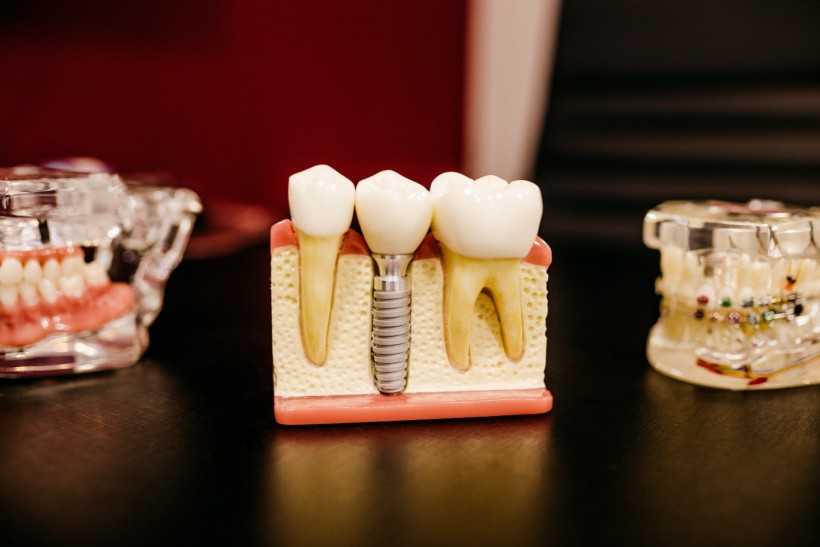Caring for Your Dental Implant

Dental implants have revolutionized the field of dentistry by offering more reliable and long-lasting solutions to tooth loss. They mimic natural teeth and provide a comfortable, natural-looking smile. However, a dental implant requires proper care to maintain its durability and health. Keep reading to learn how to care for your dental implants so that they can last a lifetime.
Follow Your Dentist's Instructions
Your dentist knows the best way to take care of your dental implant. After your surgery, they'll likely provide you with detailed instructions on aftercare. Make sure you follow these instructions and ask questions if you need anything to be clarified. Following these steps will help prevent infections, ensure your implant remains stable, and prevent damage to the surrounding teeth and gums.
Brush and Floss Regularly
Regular brushing and flossing can keep your implants and natural teeth healthy. Make sure to brush your teeth at least twice a day using a soft-bristled brush and toothpaste that's non-abrasive. Floss at least once per day, preferably before bedtime. Be gentle yet thorough, and avoid using too much force around your implant. There are special brushes and flosses designed specifically for implants, so ask your dentist for recommendations.
Avoid Hard, Crunchy, or Sticky Foods
Certain foods can be harder on your implant than others. Hard, crunchy, and sticky foods can all pose a challenge and may even damage the implant if you're not careful. Some common culprits include popcorn, hard candy, and chewy caramels. If you need to figure out whether a particular food is safe to eat, check with your dentist.
Attend Regular Check-ups
Regular check-ups are critical for maintaining the longevity of your implant. During your appointments, the dentist will thoroughly check your implant, surrounding teeth, and gums to ensure they're healthy. They may also take X-rays to check for any damage or changes around the implant. Make sure to attend appointments, as early detection is critical to preventing serious problems later on.
Stay on Top of Any Existing Health Conditions
Certain health conditions, such as gum disease, diabetes, and some autoimmune diseases, can affect your implant. If you have any existing conditions, it's critical to stay on top of your treatment and keep your dentist informed of any changes to your health. This will help them develop a customized care plan based on your unique needs.
The Bottom Line
Overall, caring for your dental implant requires a combination of proper oral hygiene, regular check-ups, healthy habits, and protection from damage. By adopting the steps outlined above, you can enjoy the benefits your dental implant provides for years to come. If you have any questions or want to know more about dental implants before and after care, don't hesitate to consult your dentist for guidance.
© 2024 ParentHerald.com All rights reserved. Do not reproduce without permission.
* This is a contributed article and this content does not necessarily represent the views of parentherald.com
